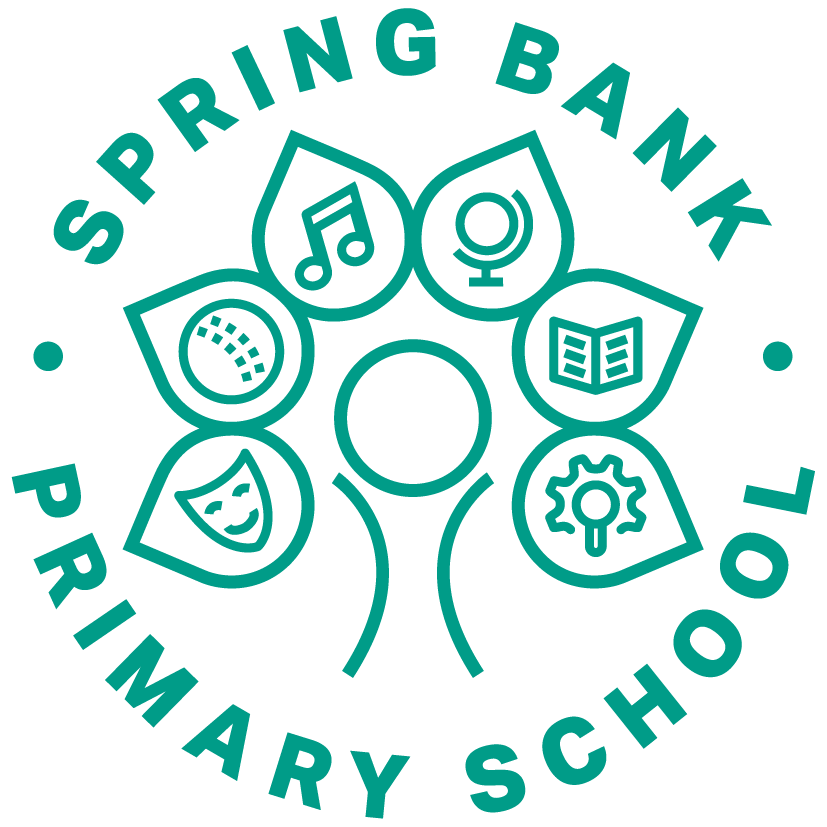Parents and Community
Wraparound Care
Spring Bank Out of School Care
Our aim is to create a warm, friendly environment, where children can relax and play under the supervision of experienced, child centred staff, in the company of other children.
The club works within the guidelines of the Children’s Act and the regulatory body of OFSTED.
We provide a wide variety of activities including arts and crafts, card and board games and active games, making use of the school grounds whenever possible.
Spring Bank Out of School Care is a thriving in-house provision run by Becky Milburn (ex-Learning Mentor with 20 years of Primary School experience), alongside Karen Shearsby.
We provide a healthy and varied breakfast and snack after school. Breakfasts are generally a choice of the following: scrambled eggs, bagels, crumpets, porridge, yoghurt with fruit, toast and cereal. The after school snack may be: home-made pizza, tomato and lentil soup, or pasta with home-made sauce. Children are involved with the preparation of food whenever possible, for example, making bread dough or fruit salads.
“As a dietitian, and a parent, I have been really impressed with the food at Spring Bank after school club. It is all home made with a strong focus on a plant based ingredients. Each day the team cook from fresh ingredients prioritising a range of vegetables with the addition of vegetarian proteins and wholegrains. Snacks are offered in age appropriate portions which are high in fibre, provide a good variety of essential vitamins and minerals, and support the children in meeting their 5 a day. “
Ursula Philpot
Get In Touch
- Spring Road,
Headingley,
Leeds,
LS6 1AD - 0113 204 3120
- hello@springbank.owlcotesmat.org

